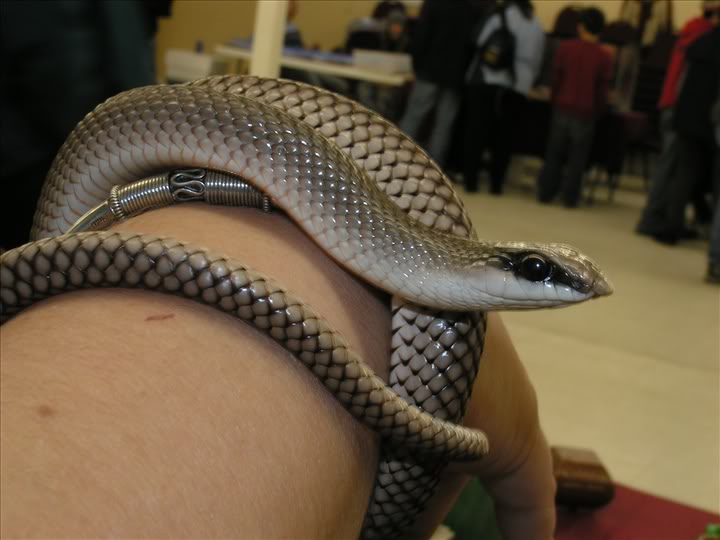
African Beaked Snake Snakes
Afrotyphlops schlegelii, commonly known as Schlegel's beaked blind snake or Schlegel's giant blind snake, is a species of snake in the family Typhlopidae. The species is endemic to eastern and southern Africa, and bears the distinction of being the world's largest typhlopid. It is harmless to humans and lives exclusively on a diet of termites.

African Wildlife Beyond the Big Five Nature Photography
Classification: HARMLESS Map indicating the distribution of the Schlegel's Blind Snake in Southern Africa. This is one of Africa's largest Blind snakes averaging 60cm but may reach a length of 80 cm. It spends most of its life underground where it feeds on termites and their larvae but often emerges after heavy rain.
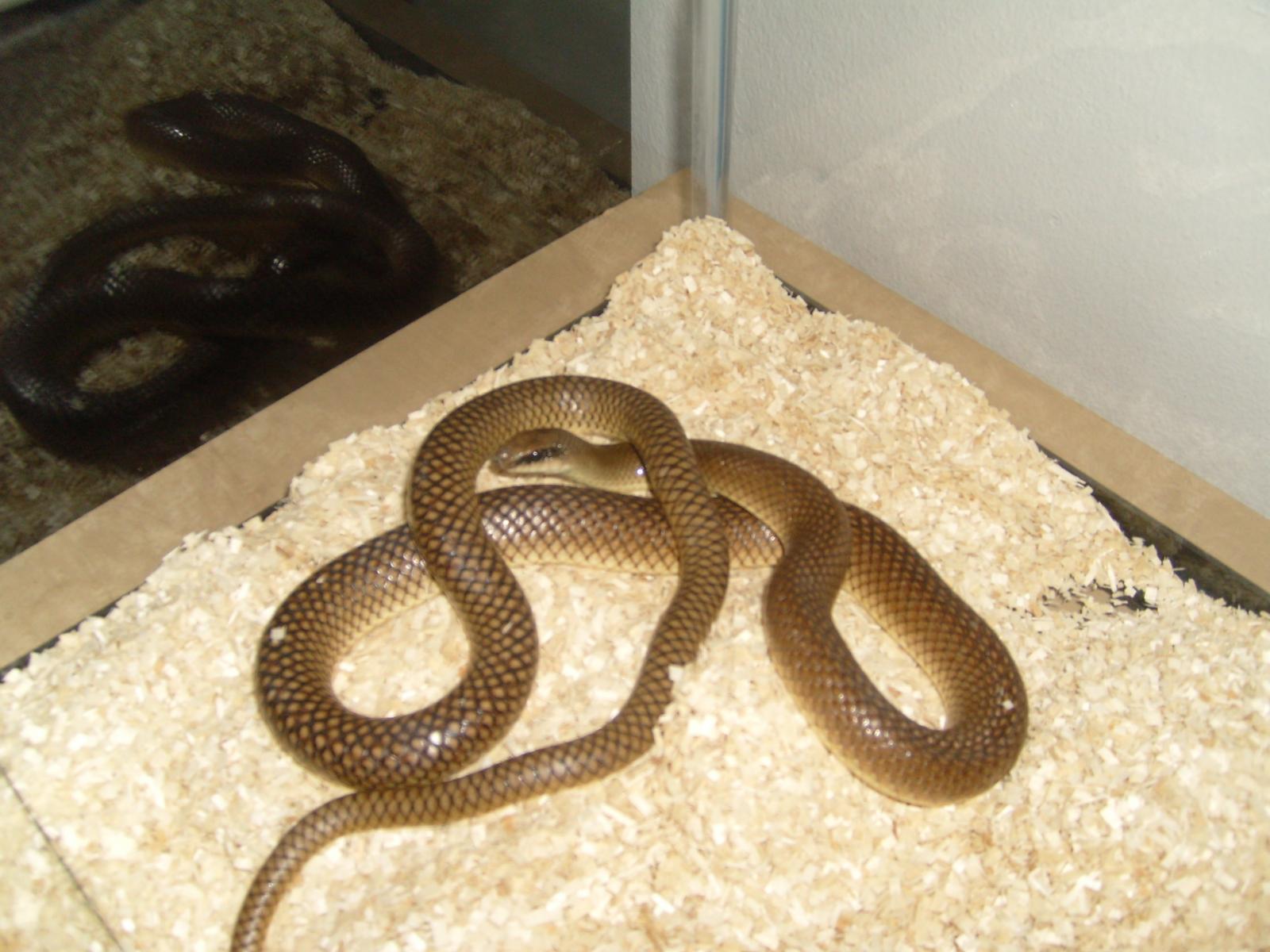
African Beaked Snake Snakes
The Rufous Beaked Snake (Rhamphiophis oxyrhynchus) is a large, mildly venomous colubrid snake from East Africa. It is a reptile. A colubrid snake has fangs in the rear of their upper jaw. The Rufous Beaked Snake has a hooked snout (nose), which can dig holes. It has brown-black scales. Its underbelly is cream or yellowish-white.
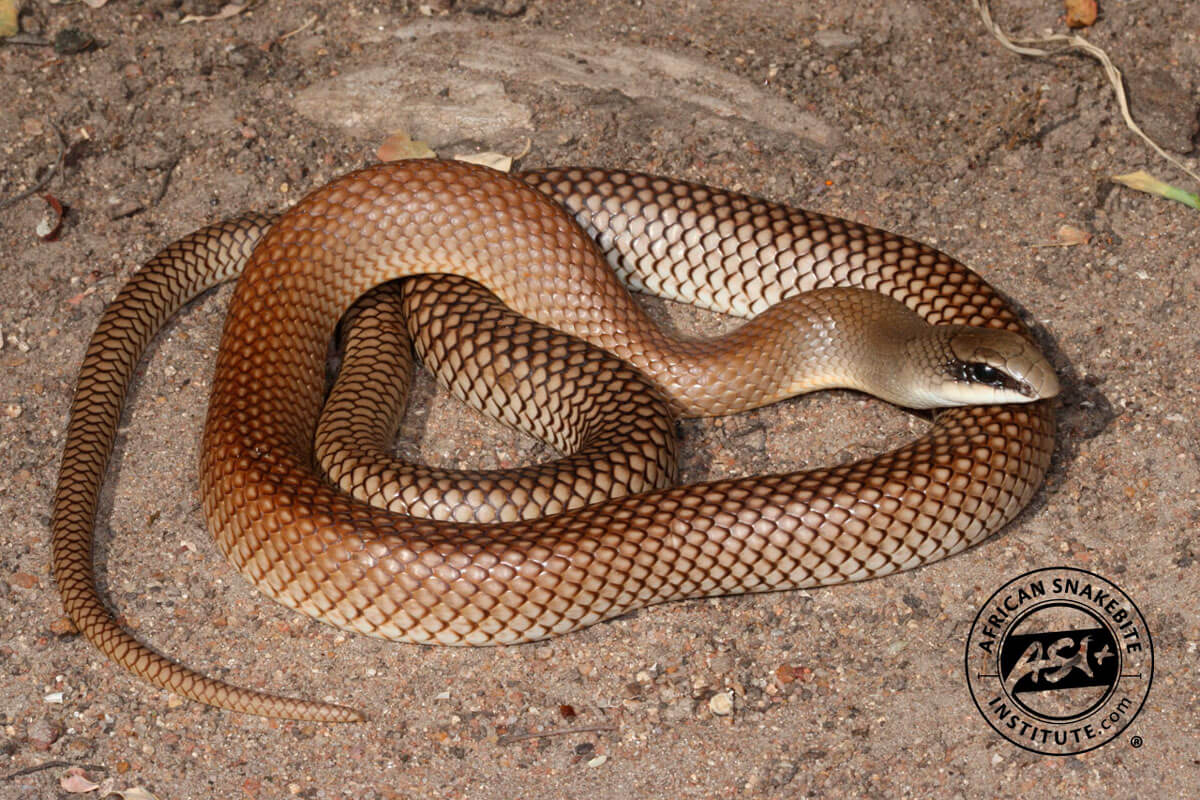
Rufous Beaked Snake African Snakebite Institute
Rufous beaked snake is a mildly poisonous species of snake belonging to the colubrid family, found in East Africa. The species derived its name from its hooked snout and reddish-brown scales at the back. Scientific Classification Quick Information Rufous Beaked Snake Pictures Gallery Images of Rufous Beaked Snake Pictures of Rufous Beaked Snake
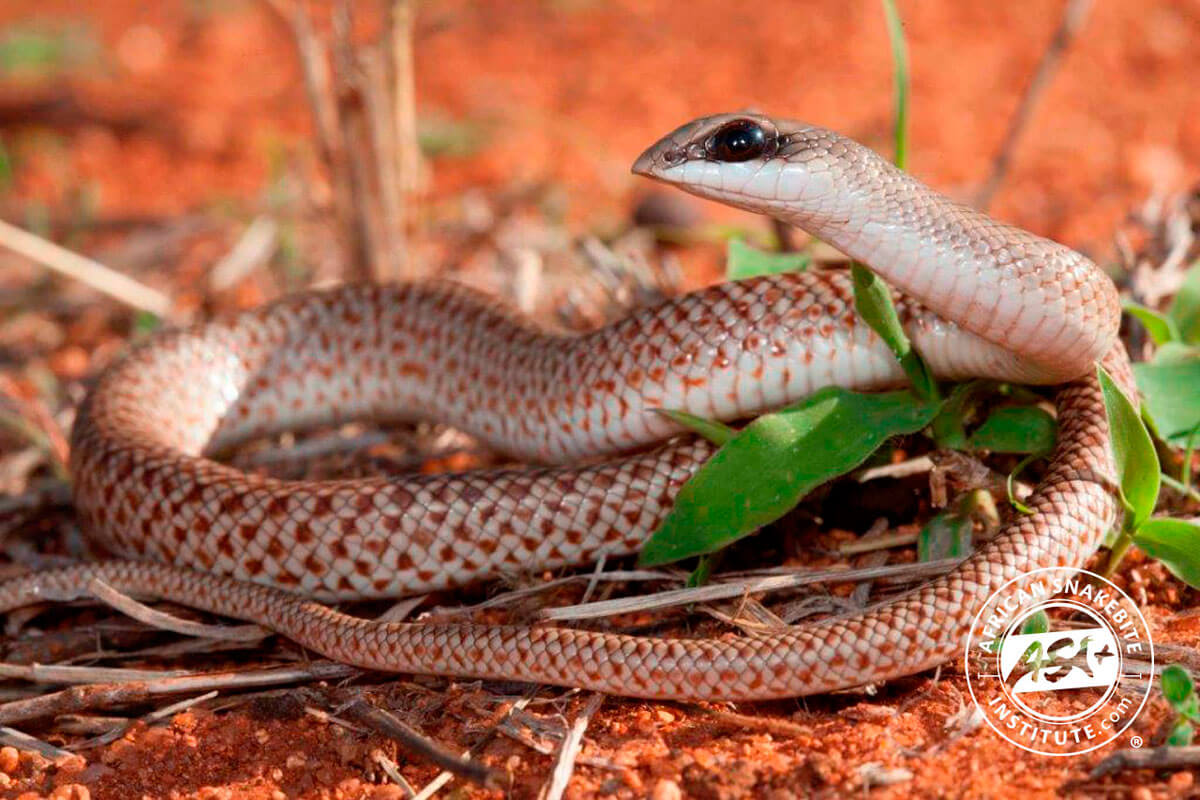
Rufous Beaked Snake African Snakebite Institute
The rufous beaked snake ( Rhamphiophis oxyrhynchus ) is a species of mildly venomous snake in the family Lamprophiidae. The species is native to East Africa. Its common name refers to its hooked snout, which it uses to dig burrows, and to its reddish-brown dorsal coloration. It hunts small animals during the day with the help of its venomous bite.
Brown Water Snake (Lycodonomorphus rufulus) from Melkbosstrand, South
Rufous Beaked Snake - African Snakebite Institute Rufous Beaked Snake Full Name: Rufous Beaked Snake ( Rhamphiophis rostratus) Other Names: Rooibruinhaakneusslang Classification: MILDLY VENOMOUS Map indicating the distribution of the Rufous Beaked Snake in Southern Africa.
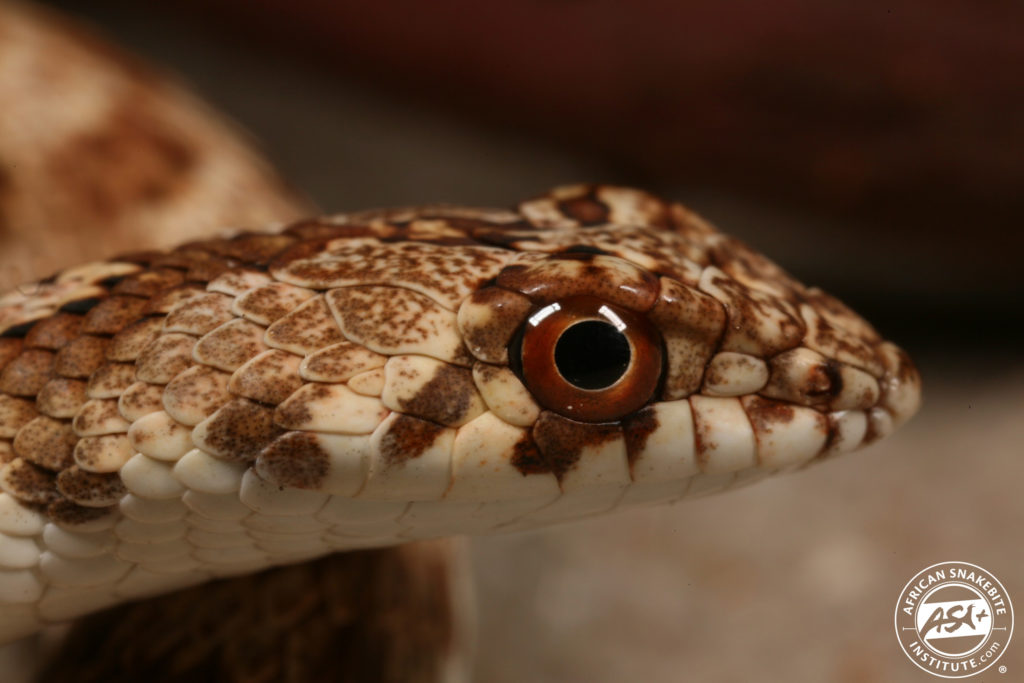
Dwarf Beaked Snake African Snakebite Institute
Afrotyphlops schlegelii, commonly known as Schlegel's beaked blind snake [2] or Schlegel's giant blind snake, [1] is a species of snake in the family Typhlopidae. [3] [4] [5] The species is endemic to eastern and southern Africa, and bears the distinction of being the world's largest typhlopid. [2]
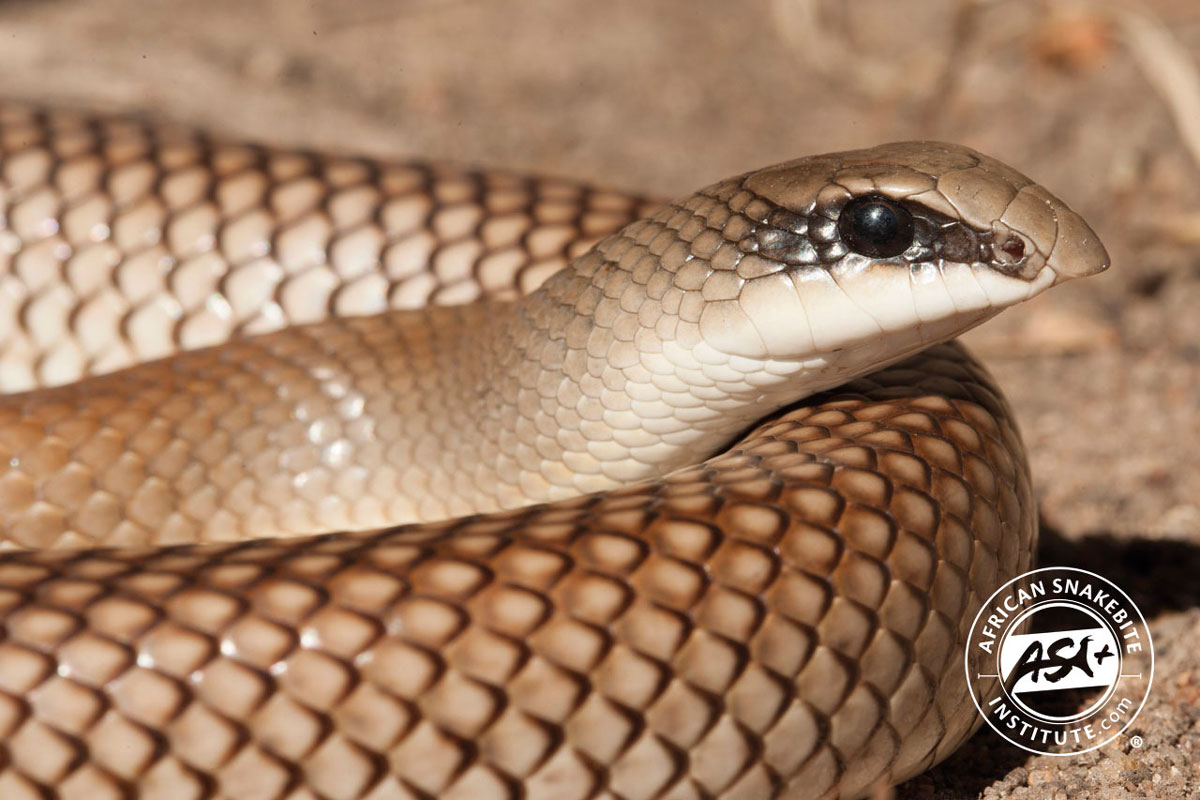
Rufous Beaked Snake African Snakebite Institute
The rufous beaked snake, Rhamphiophis oxyrhynchus, is a species of mildly venomous colubrid endemic to East Africa. It is named for its hooked snout, which it uses to dig burrows, and for its reddish-brown back scales. It hunts small animals during the day with the help of its venomous bite.
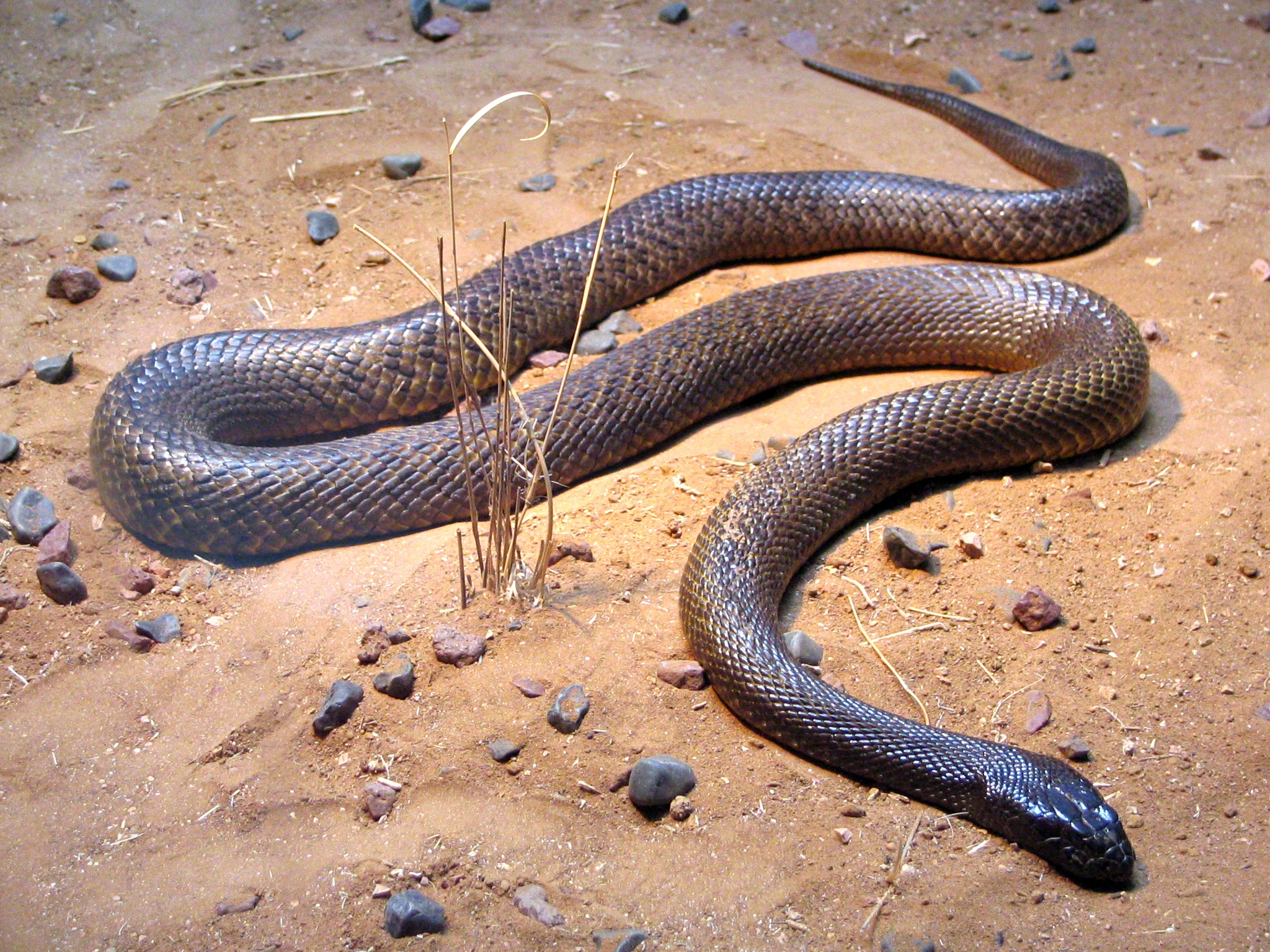
FileFierce SnakeOxyuranus microlepidotus.jpg Wikipedia
A green mamba; yellow Cape cobra; large Southern African rock python; and a spotted bush snake - all displaying a variety of snake colours and designs The mind of a serpent A corollary of the belief that snakes are primitive is the impression that they are mindless biting/killing machines without much cognitive function.
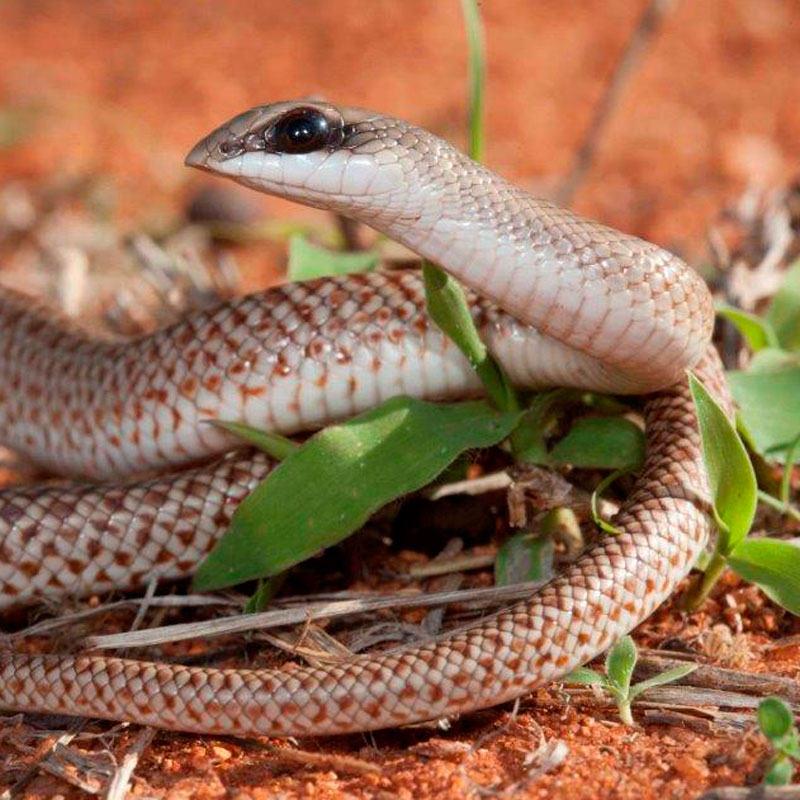
Rufous Beaked Snake African Snakebite Institute
The rufous beaked snake ( Rhamphiophis oxyrhynchus) is a species of mildly venomous snake in the family Psammophiidae. The species is native to East Africa. Its common name refers to its hooked snout, which it uses to dig burrows, and to its reddish-brown dorsal coloration. It hunts small animals during the day with the help of its venomous bite.

Delalande's Beaked Blind Snake African Snakebite Institute
One such very interesting snake is the rufous beaked snake (rhamphiophis), these snakes are large and indeed stout. A Rhamphiophis rostratus is mildly venomous and can be sighted in eastern Africa. A male rufous beaked snake, rhamphiophis, can reach the length of around 39-43 in (100-110 cm), these snakes mainly feats on reptiles.
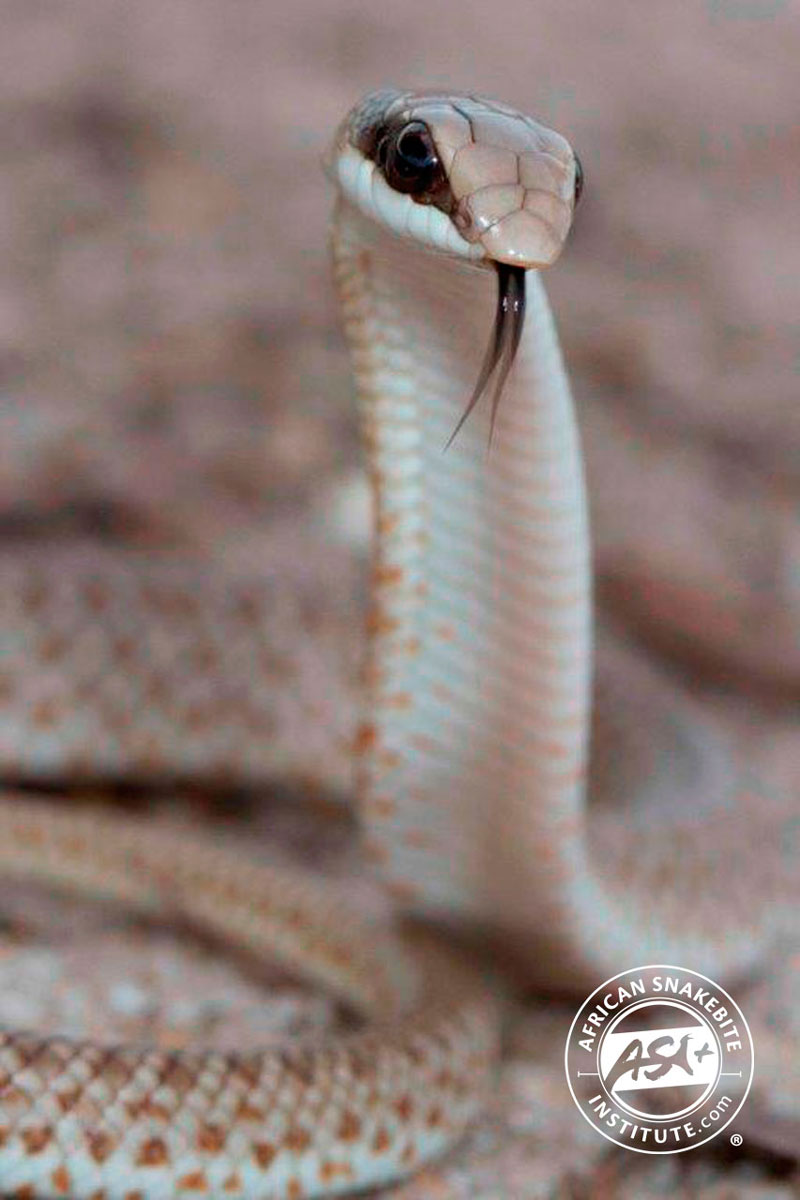
Rufous Beaked Snake African Snakebite Institute
Rufous Beaked Snake. It is quite easy to identify this snake by its prominent hooked beak. The second most prominent feature is the dark line on either side of the head starting from the nostril to the back of the eye. The eyes are big and they have round pupils. Not all specimens are dotted like the one in this picture.
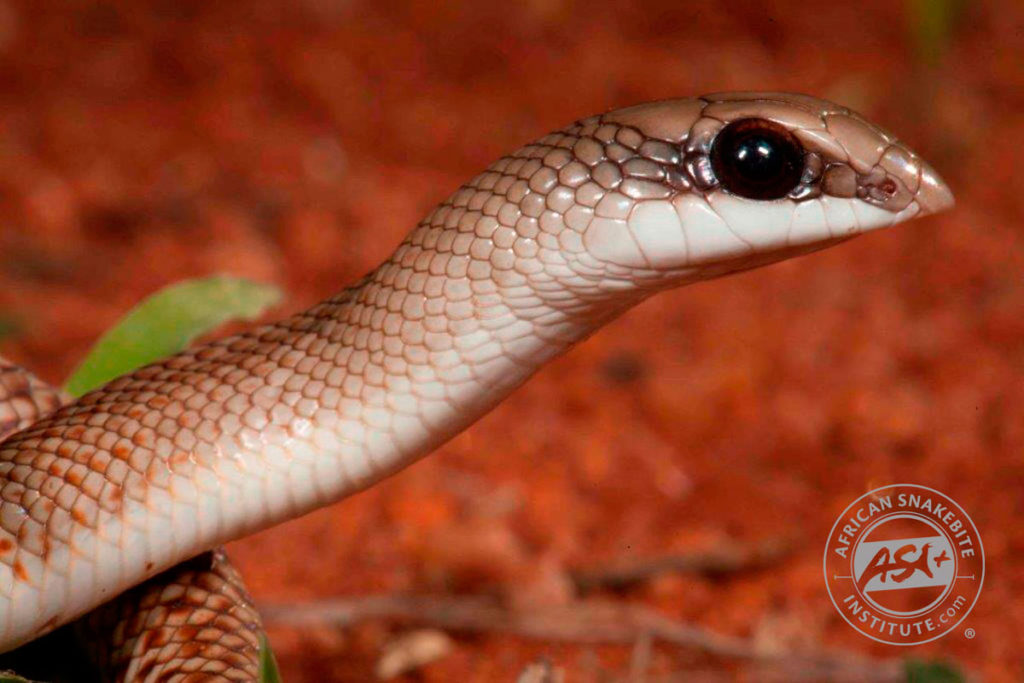
Rufous Beaked Snake African Snakebite Institute
Home Hai! You know well about African beaked snake, but do you have the knowledge to answer the questions about African beaked snake? African beaked snake exhibits the following properties. Contents 1 Divisibility 2 Comparability 3 Connectivity 4 Disturbability 5 Reorderability 6 Substitutability 7 Satisfiability 8 See also 9 References

Zambezi Blind Snake African Snakebite Institute
Bogert, Charles M. 1942. Snakes secured by the Snyder East African Expedition in Kenya Colony and Tanganyika Territory. American Museum Novitates (1178): 1-5 - get paper here; Bokhout, Ben, Luke Verburgt and Andrew B. Davies. 2015. Afrotyphlops schlegelii Bianconi, 1847, Schlegel's Beaked Blind Snake, Termite Mound Access Behaviour.
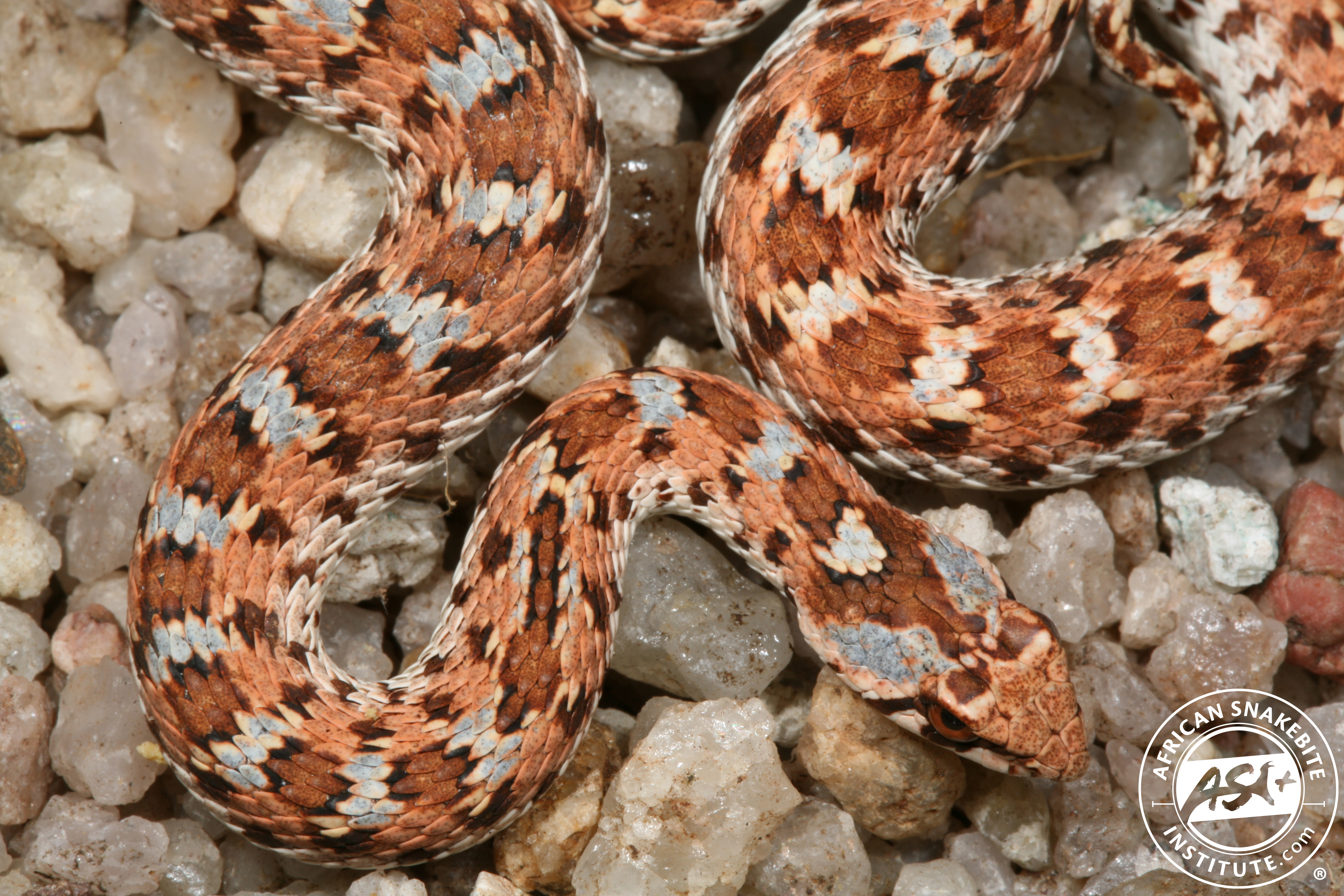
Dwarf Beaked Snake African Snakebite Institute
The rufous beaked snake is a species of mildly venomous snake in the family Psammophiidae. The species is native to East Africa. Its common name refers to its hooked snout, which it uses to dig burrows, and to its reddish-brown dorsal coloration. It hunts small animals during the day with the help of its venomous bite.
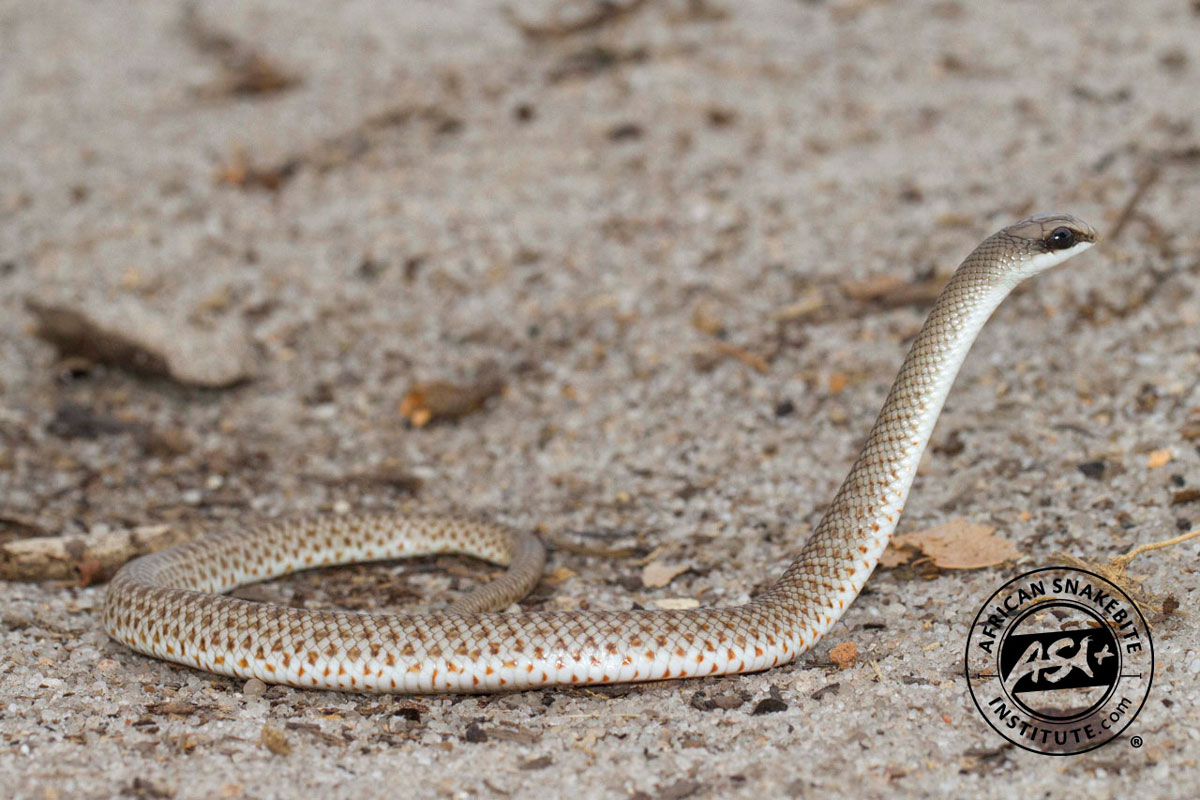
Rufous Beaked Snake African Snakebite Institute
x Copy guide taxon to. You can copy this taxon into another guide. If you are one of the editors of this guide it should copy everything, but if you're not, it will only copy the licensed content.